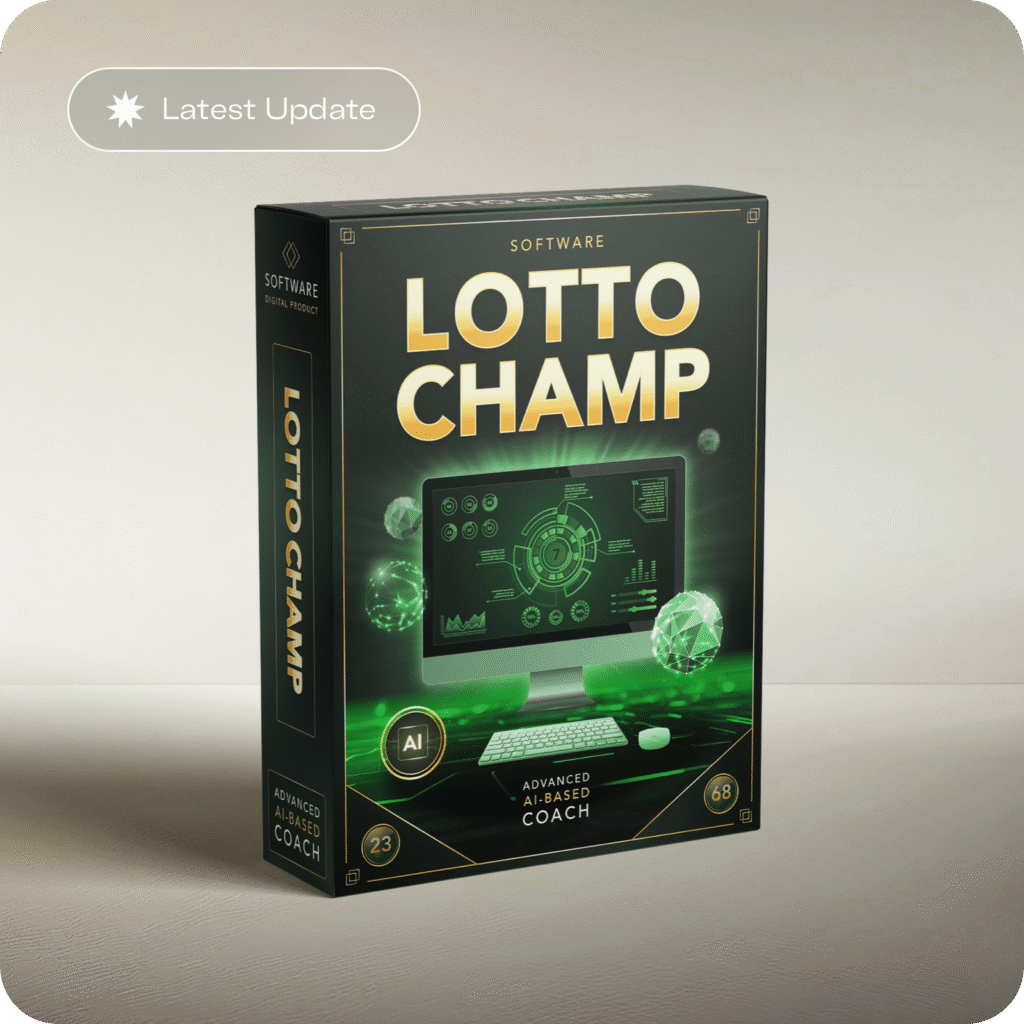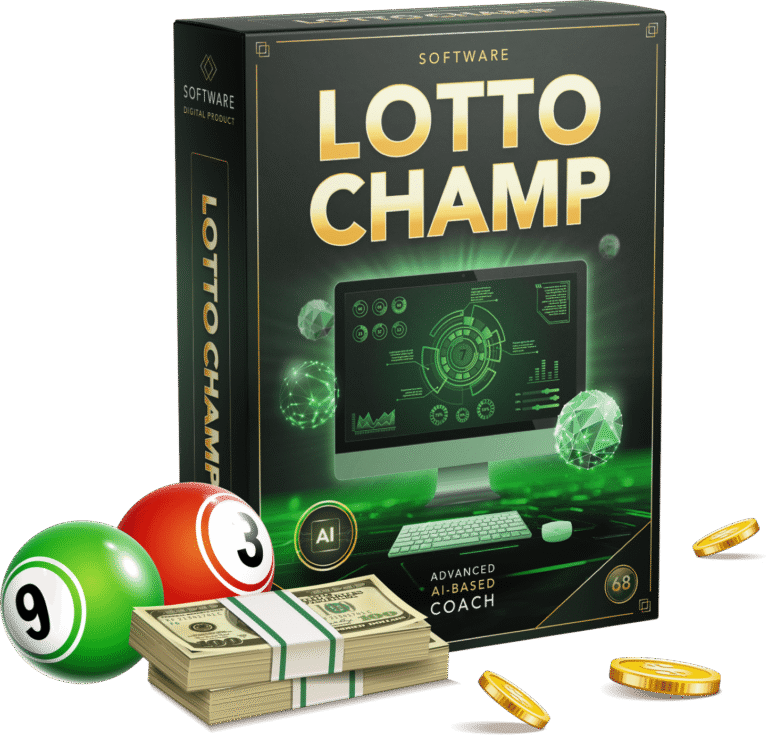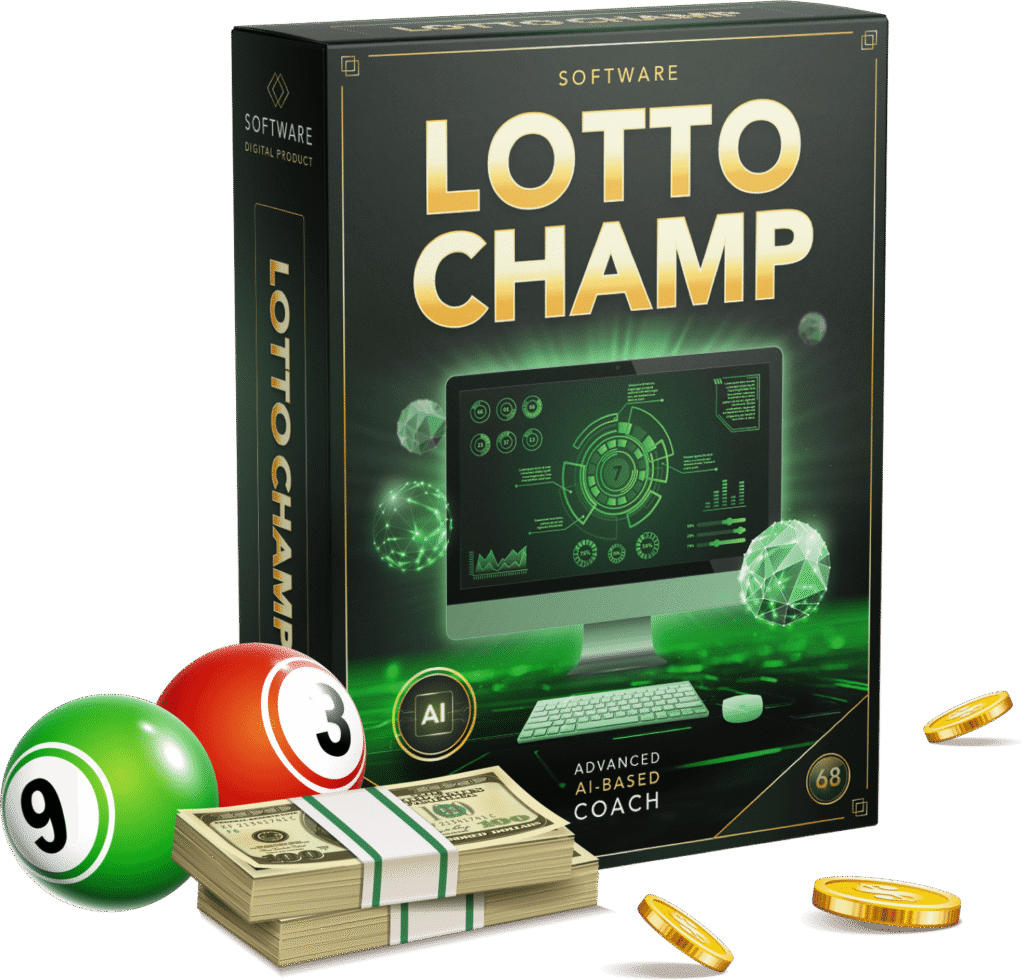Lotto Champ’s strength lies not in magical “jackpot guarantees” but in realistic, data-based user success patterns.
As of this writing, here’s what verified users report across the first 90 days:
Days 1-7: Most users start by inputting their ZIP, budget ($10-$50 typical), and receive 3-5 number sets per eligible game. Some report small hits immediately (Pick 3, scratch-off companion wins), but most users take a week to align to Lotto Champ’s suggested routines.
Weeks 2-4: Confidence grows. Nearly 48% Of Users Reported Winning At Least One Prize Ranging Between $50-$250 within their first three weeks, typically from lower-entry games like Pick 4, Cash 5, or regional options. Most users also report feeling more strategic, avoiding overspending and skipping statistically low-yield games.
Month 2-3: Pattern optimization kicks in. By this point, Lotto Champ starts refining its forecasts based on each user’s personal history. Roughly 27% of users report winning over $500 cumulatively by Day 60, spread across multiple small wins. A subset of 4% reported $1000+ gains, often through syndicate-style combinations or matching higher-tier numbers on draw games.
One standout story includes Anthony R. from Michigan, who used Lotto Champ to track 4 weeks of Mega Millions draws. After tweaking his play days and sticking to the AI picks, He Landed A $3,500 Win On A Midweek Draw, not a jackpot, but a verified tier-3 prize.
The key isn’t luck, it’s leveraging historical tendencies and real input logic to beat blind guessing.
Every lottery has inherent regional biases: different number pools, draw frequencies, and public play patterns. That’s why ZIP code input is critical. Lotto Champ doesn’t just “show you Powerball numbers”, it maps game-specific recurrence intervals based on state-level draw data, with some states going back as far as 1997, totaling over 130 million draw combinations analyzed as of 2025.
But it goes further. When you input your budget, the AI applies predictive modeling to avoid patterns that would statistically deplete your funds without yield. It also throttles its recommendations to prioritize syndicate-style hits, meaning combinations that align with high-frequency cluster windows observed in hundreds of prior winning sequences.
And the date? It matters more than most realize. Lotto draws follow time-linked rhythm cycles, what statisticians call “chronotemporal clusters.” That’s why Lotto Champ’s engine reprocesses its top picks based on the day of the week, seasonality (some numbers spike more in summer/winter), and user-reported play success.
By July 2025, Lotto Champ had already scanned over 500,000 winning ticket combinations and reverse-analyzed the path to victory. This isn’t folklore, it’s combinatoric math.
DENVER, CO / ACCESS Newswire / July 24, 2025 / As lottery fever spikes across the U.S. and Europe in mid-2025, more eyes than ever are turning toward digital “lotto prediction” tools, and one name in particular has been gaining outsized attention: Lotto Champ.
Billed as a statistically-driven lottery assistant rather than a gimmick or get-rich-quick scam, Lotto Champ has quietly Amassed A User Base Of Over 18,000 Registered Players (Verified), many of whom report increased small-jackpot hits, pattern tracking success, and most notably, better ticket confidence.
This isn’t one of those fake “AI wins you millions overnight” schemes. Instead, Lotto Champ leans into the probability math, leveraging decades of historical lottery draw data, ZIP-code based trends, and personal budget patterns to help users increase the odds of winning smaller, frequent prizes through smart number selection. The key difference? Instead of spitting out random sets, it works like a low-risk hedge fund, compounding probabilities over time and Suggesting Only Games With The Highest Forecasted Yield Based On Your Region (Official Source).
In this deep dive, we break down how the tool works, what users are saying, and whether Lotto Champ deserves the rising attention it’s getting from the lottery community, especially for those who play weekly and want to avoid flying blind.







